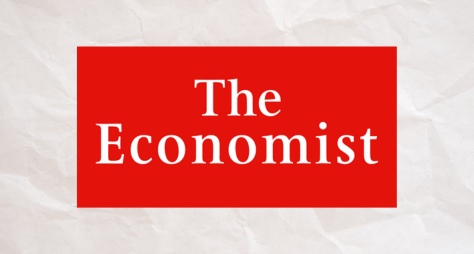The evolution of forced labour in Xinjiang

In a new article exploring the evolution of forced Labor in Xinjiang, The Economist speaks with VOC Senior Fellow and Director in China Studies Dr. Adrian Zenz on China’s pervasive forced labor practices that victimize many Uyghurs through fear and control.
As the article notes, “For firms seeking to exclude forced labour from their supply chains, the complexity of the way such abuses occur in Xinjiang compounds the difficulty. They have to be aware of different forms of forced labour. One involves workers who had been in the re-education centres. This group could number in the hundreds of thousands, says Adrian Zenz of the Victims of Communism Memorial Foundation, an ngo in Washington. Some of them could still be working in factories that were set up around the camps, with limited access to the outside world and no freedom to leave.
Another form may involve prisons. Many of the camps’ inmates were put into formal detention, pending trial. Yalkun Uluyol, a Uyghur living abroad, describes how his father, a honey-melon trader, underwent such a transfer. He was given a 16-year prison sentence in 2022. The son, a researcher on Uyghurs’ rights, believes the punishment was merely related to his father’s connection with him. Other relatives were also given lengthy terms, he says.
In 2022 the Associated Press (ap), an American news agency, obtained a list of more than 10,000 people sentenced for offences such as terrorism, religious extremism or ‘picking quarrels and provoking trouble’, a common pretext for jailing dissidents. They all came from one county in southern Xinjiang: Konasheher, not far from Yarkand. The report did not say whether any had previously been held in re-education centres (most were arrested in 2017). But it hinted at the scale of incarceration as a weapon against the state’s perceived enemies in Xinjiang. The ap calculated that Konasheher had a rate of imprisonment 30 times higher than the whole of China’s in 2013, the most recent year for which national data are available.”
Dr. Adrian Zenz is Senior Fellow and Director in China Studies at the Victims of Communism Memorial Foundation,

